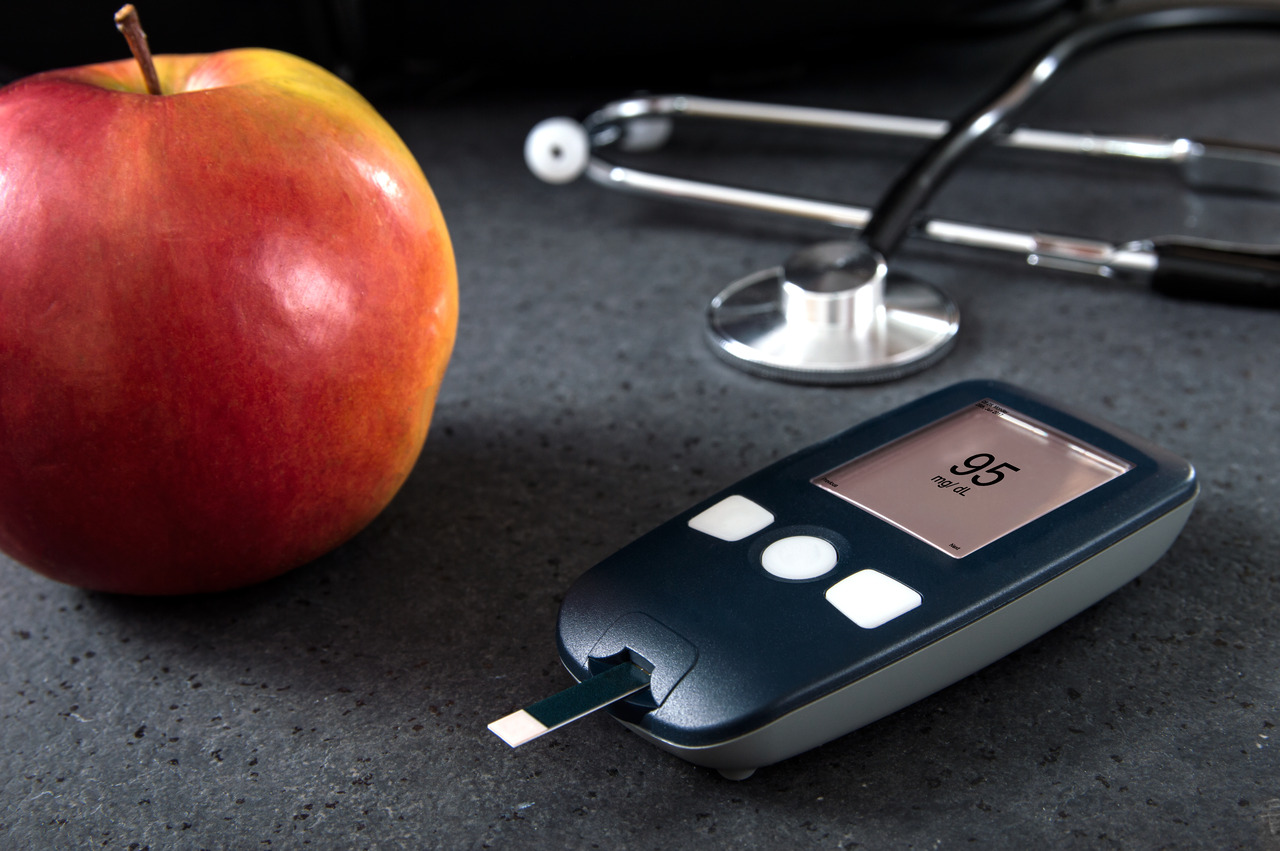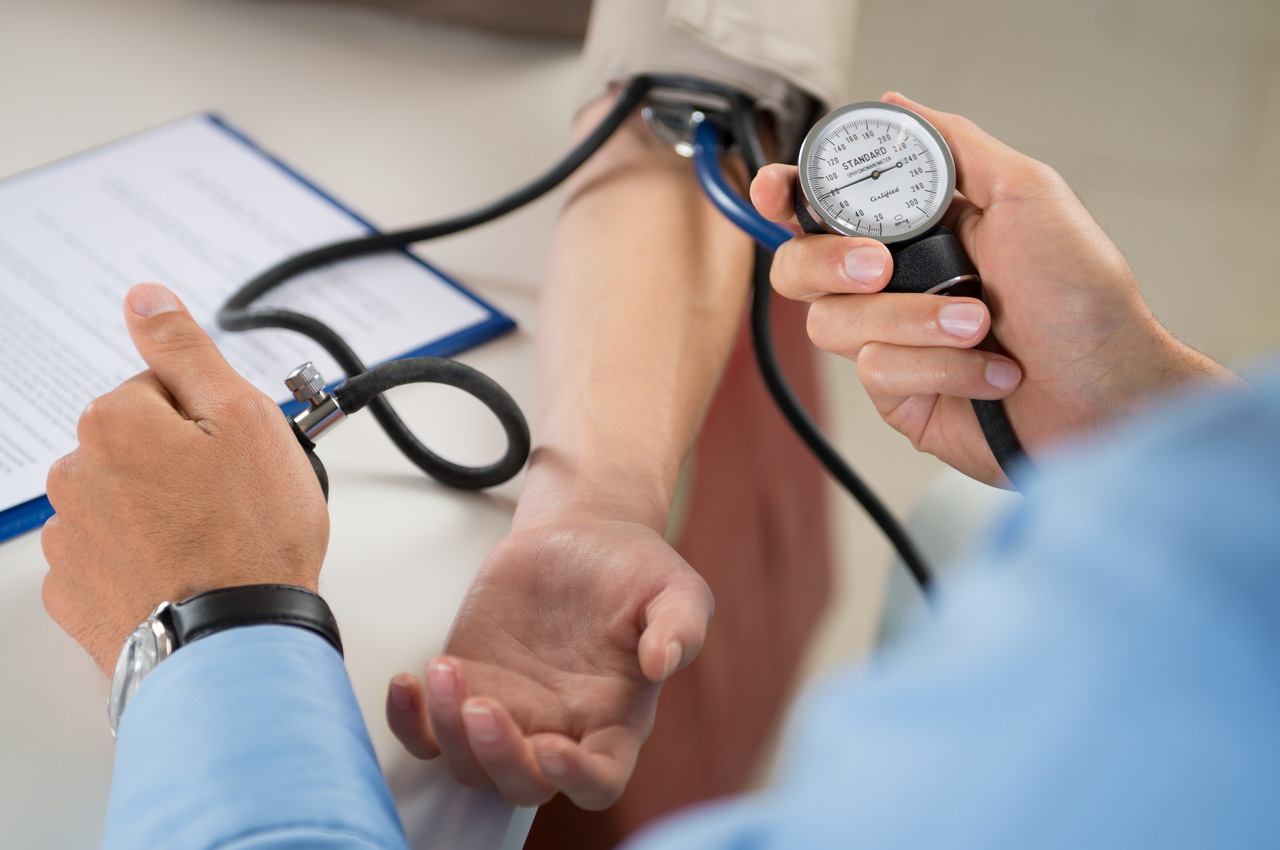Coffee is a highly refreshing beverage and the favourite drink of many individuals. However, it gets addictive too. Some who drink coffee regularly find it extremely difficult to work or function without it. Caffeine, the reason one gets addicted to coffee, often energises the body and removes fatigue.
This effect allows us to work harder and start our day full of energy. In addition, some of us like to drink coffee simply to enjoy its taste. However, these beneficial effects of coffee are less-known due to its potential to exacerbate some high blood glucose level symptoms.
Diabetes or Diabetes Mellitus is a disease that affects the human body’s ability to process blood glucose to fuel the cells. Diet plays a crucial role in diabetic management, prompting people to follow a healthy and balanced diet to keep their blood glucose level in the target range.
You can use a tracking app, like HealthifyPro 2.0 integrated with a smart scale, calorie counter, and BIOS-a CGM-based wearable device. The metabolic panel tests look at your blood sample minutely.
It encompasses 80 plus parameters to assess your metabolic health. After that, the CGM studies your blood glucose levels in real-time. As a result, you attain better metabolic health through dietary and lifestyle modifications, like removing a few extra cups of coffee.
Introducing Smart Weight Loss with HealthifyPro – The Future of Fitness is Here
✔️ Spend your calories the right way with the Pro Calorie Tracker
✔️ Know when to eat and when to burn with the Pro CGM
✔️ Understand everything about your metabolism with the Pro Metabolic Panel
✔️ Get a personalized fitness plan crafted by your Pro Coaches
✔️ Measure 11+ parameters of weight loss with the Pro Smart Scale HealthifyWithPro now!
The HealthifyMe Note
Coffee has thousands of natural enzymes, including caffeine, that positively affect the body. However people with diabetes or prediabetes, coffee is undoubtedly an unhealthy addition to the diet. It increases blood sugar and insulin levels, making you more insulin-resistant. Moreover, consuming coffee or other beverages with an increased concentration of caffeine will give you an energy boost. Still, it will ultimately crash, or fatigue after the components wear off the body.
Coffee and Diabetes: The Connection
Coffee might not be suitable for people with diabetes. Also, countless studies have reported that drinking too much coffee harms health. It affects the kidneys’ normal function and eventually causes irreversible damage. Therefore, caffeine is deemed bad for health and advised to consume the beverage in regulated quantities. In addition, there have been new studies on the effects of coffee on blood sugar.
Those with diabetes or prediabetes need to know how different drinks affect their blood sugar level. For example, coffee raises blood sugar and causes health concerns in diabetes.
Unfortunately, there is minimal information on this claim, so one needs to understand all the implications of drinking coffee and its types to determine if they raise blood sugar levels.
Various Ways to Consume Coffee
Coffee comes in various types with varying levels of processing. Among the major categories are decaf, whole beans, and organic coffee. Additionally, coffee husk transforms into cascade drinks because of its high dietary fibre content.
Processing coffee beans generally affect caffeine levels which are not entirely related to blood sugar. However, the preparation method can be important when examining if coffee raises blood sugar.
Here are a few ways to easily prepare your coffee for consumption:
Black Coffee
Black coffee refers to making coffee drinks without milk or cream. The preparation of Black coffee is from powdered/crystalised coffee and water. Many prefer adding sugar or honey to sweeten the black coffee and remove the extreme bitterness.
Black coffee without sugar can be safe to eat if you stay within the 3-cup-a-day range. However, adding sugar to black coffee can raise blood sugar levels since you will ingest a lot of sugar in one go.
Espresso
It is a cult favourite of people who like their coffee strong and bitter. Espresso is pre-made coffee then brewed until a fine golden cream settles on top.
Espresso usually has a great flavour without sugar. Many enjoy the kick from the rich coffee’s fine aroma and strong taste. However, people who like their coffee sweeter add small amounts of sugar to them to control the bitterness. Though not very healthy in other ways, Espresso should not affect blood sugar if taken without added sugar.
Latte
Latte is a coffee preparation popular among people who like to add milk to their coffee. The preparation of the latte includes the addition of espresso shots to steaming hot milk.
It can be consumed with and without sugar, depending on your preference. If you are using unsweetened dairy milk, lattes have little scope to increase your blood sugar levels.
Vegan milk like soy and coconut also generally does not contain sweeteners and can be enjoyed by diabetic people. However, if your milk has sugar or you are drinking pre-packed lattes which only require adding water, they may be packed with sugars. In addition, consuming latte mixes can dramatically increase your blood sugar levels if you drink more than one cup daily.
Cappuccino
Cappuccino is a more fat-laden version of a latte. This coffee preparation involves adding milk and cream to make the beverage richer in taste and texture.
Cappuccino can have drastic effects on blood sugar levels if consumed with sugar. Sweetened creams may also contain sugar additives, depending on your purchasing brand.
Like lattes, ready-to-eat cappuccinos may include high levels of sugar added to make them taste better. Cappuccinos should be consumed in restricted quantities so that it doesn’t affect your blood sugar levels.
Frappuccino
Frappuccinos are another cult favourite among people, especially teenagers and youngsters. Frappuccinos come in various flavours, and syrups are common in this beverage. The beverage is made by blending ground coffee with cold milk and ice to produce a cold coffee drink.
If there is a type of coffee which raises blood sugar levels, it would be a frappuccino. This coffee uses a high amount of sugar and sugar-based syrups, which makes it unsuitable for people with diabetes. Drinking a tall glass of frappuccino will significantly increase blood sugar levels in people across age groups.
Filter Coffee
Filter coffee is an Indian version of a pour-over where the coffee comes with the blending of hot water and milk. This style of coffee doesn’t always use sugar. However, it can come with a sugar serving separately.
Filter coffee is slightly better than lattes and cappuccinos since it’s more diluted and doesn’t taste as sweet. However, if you add sugar to your filter coffee, you should watch your intake to prevent your blood glucose levels from soaring.
Coffee and Its Effects on the Body
The FDA has generally suggested 400 mg of caffeine (approximately 4 or 5 cups) as the limit for healthy adults to drink coffee daily. If you have diabetes, a lower limit will be helpful since the high concentration will negatively impact the blood sugar level.
Coffee and caffeine, in general, have various effects on the body. According to a recent study, regular coffee consumption directly affects insulin, where the impact varies depending on the individual’s health and overall caffeine consumption.
As per studies, coffee doesn’t just provide energy and promote faster metabolism. Here are some of the common substantial effects of consuming coffee:
- Caffeine affects the central nervous system and the brain in general. People like to drink coffee to feel energetic and alert. Coffee removes signs of fatigue because it speeds up your metabolism for a short time. However, too much coffee may induce headaches and make you feel unsettled. Similarly, caffeine withdrawal can also make you agitated since it’s addictive.
- Caffeine influences the body’s metabolism rate and increases it significantly. According to studies, coffee speeds up your metabolism and makes it burn calories to release energy. Therefore, the more caffeine you consume, the faster your metabolism rate will become. Additionally, caffeine promotes fat burning by spiking one’s metabolic rate.
- Caffeine doesn’t stay within the body for a long time. Since the beverages are primarily fluid, caffeine gets filtered out from the kidneys and soon realised through urine. Too much caffeine can cause kidney complications in the long run since it overworks these organs.
Coffee Can Raise Blood Sugar Levels: Here’s How!
Sometimes having coffee can indeed raise blood sugar levels. However, many contrasting studies show that caffeine may increase blood sugar levels or may not affect it at all. You must examine some of the research to know which opinion to take.
Most of the research on coffee raising blood sugar levels generally shows results in a very controlled but small setting. They will organise a large-scale analysis in the future. However, there are some instances where coffee can raise blood sugar levels in the body:
- Consuming coffee with added sugars will increase the possibility of having elevated blood sugar levels. Pre-packaged coffee drinks may contain flavouring syrups. Flavouring syrups often use high fructose corn syrup as sugar supplements. When you drink too much fructose, you may experience insulin resistance, and your glucose levels may spike.
- Studies have shown diabetic patients may see a spike in blood sugar levels shortly after consuming coffee. However, the study has also shown that drinking coffee won’t have lasting implications on blood sugar levels in the long run.
- Drinking only healthy amounts of coffee will not affect your sugar levels. In the long run, excess consumption of coffee may cause health problems. However, a study has asserted that caffeine is probably not responsible for raising blood glucose since decaffeinated coffee produced similar results.
Ways to Regulate Your Coffee Intake to Prevent Side Effects
If you are a regular and avid coffee drinker, the data on blood sugar may confuse you even more. While it’s not harmful to have small amounts of coffee from time to time, you need to regulate your coffee consumption to avoid future problems.
Since there is no proper research to prove if coffee raises blood sugar levels, you must consider its possible health implications and keep yourself safe. Here are some practical tips for implementing if you want to consume coffee without side effects:
- Do not add sugar or other sweetening agents to your coffee. While coffee may spike your blood sugar levels mildly, the sugar you have added to your coffee will drastically alter your glucose levels. In addition, even sugar-free substitutes can be harmful since too much fructose harms your health.
- Always brew your coffee at home or visit a good cafe to source your regular coffee. Do not drink bottled coffee drinks since they may contain added sugars. These sugars can increase your blood sugar level if your coffee doesn’t.
- If you are having black coffee, do not drink more than three cups daily. A single cup is enough for a day for milk and cream coffees or cappuccinos. Also, do not add sweeteners or flavouring syrups to your coffee. Sweet coffee with syrups should be a once-in-a-while experience, especially for people with diabetes.
The HealthifyMe Note
Nevertheless, consuming coffee in limited quantities is vital because it has several other proven side effects on the body. If you avoid taking sugar and cream with your coffee and do not consume more than one or two cups a day, you will be safe from experiencing its side effects.
Conclusion
One speculates that coffee may not be responsible for spiking blood sugar levels alone. While some studies show that coffee can cause insulin resistance in diabetic patients, others show that the spike in blood sugar levels will last a short time.
Since all trials so far have been conducted on small numbers, it may take time to arrive at conclusions that cover all individuals. Studies have also hinted that regular drinkers habituated to caffeine do not experience any side effects on their blood sugar. Again, however, it is difficult to say if the result applies to everyone.
With such mixed evidence on the impact of coffee on blood glucose levels, you have to consult with your healthcare professional to discover what suits you the best. Usually, a cup of coffee after one or two hours of breakfast may not be too bad for you.
However, every individual reacts to coffee differently. Therefore, drinking coffee should be safe (unless you have any medical reasons to avoid the beverage) as long as you monitor your blood glucose level. Also, stick to consuming coffee with moderate and minimal sugar.









